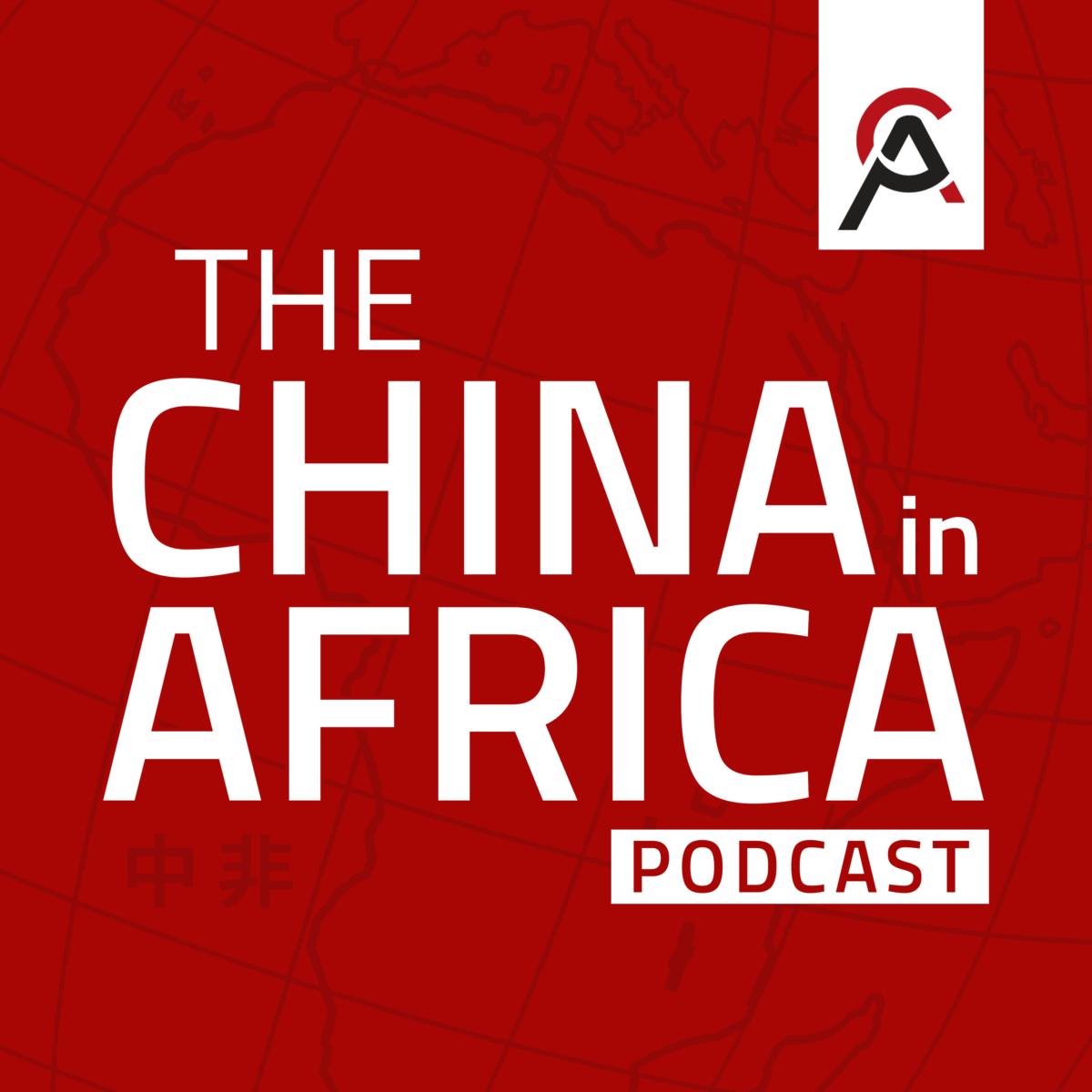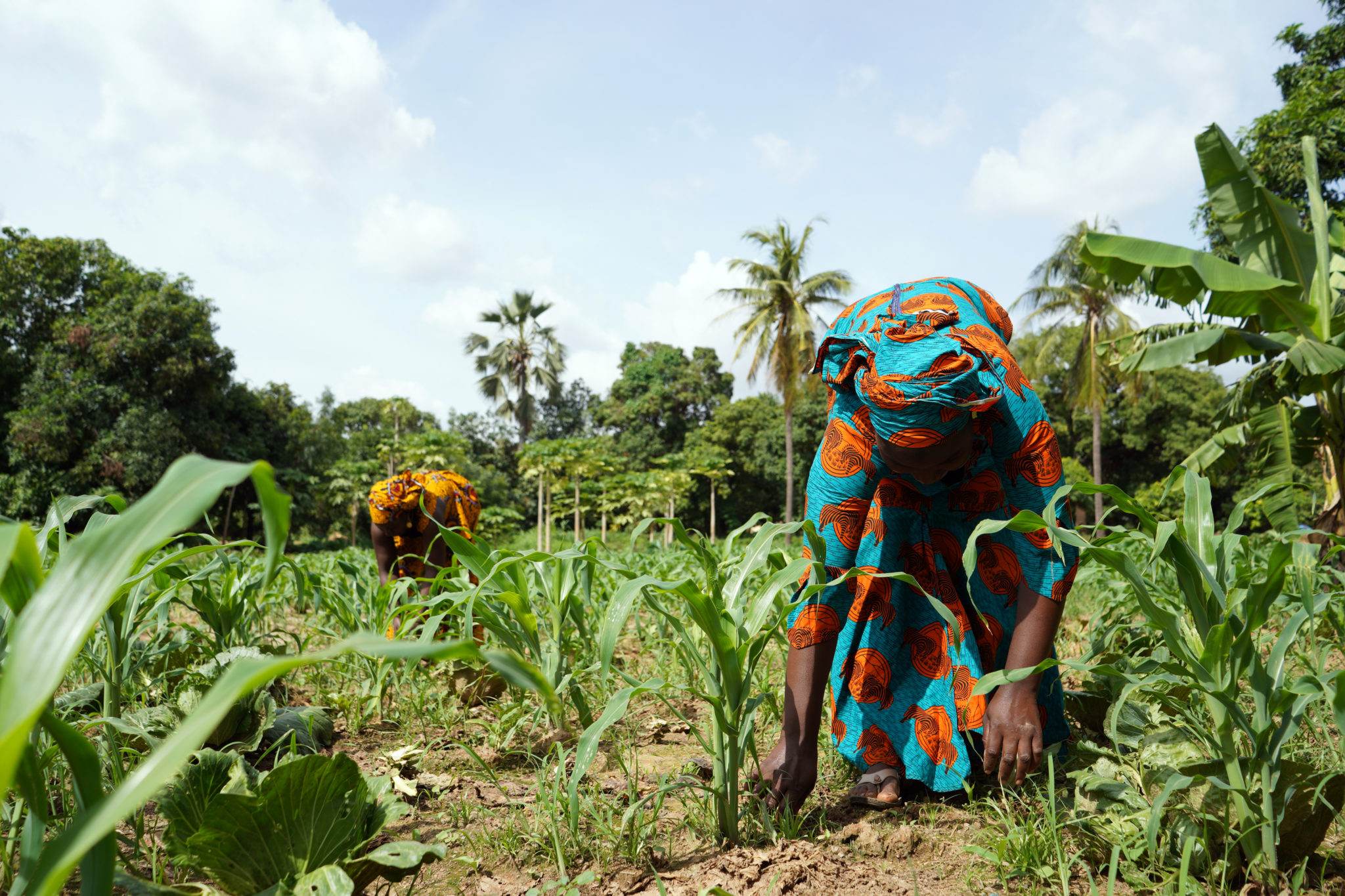China is importing a lot more African agricultural products these days. Zambian blueberries were recently approved to enter the China market, Namibian beef shipments started this year, Ghanaian cocoa is now traded through a new exchange in Hunan Province, and, after more than a year of delays, the first shipments of Kenyan avocados to China has arrived.
While enhanced trade ties between the two regions is obviously important, the volume is still way too low to have a meaningful impact on the lives of farmers and millions of others in Africa’s agricultural sector.
Furthermore, the worsening economic crisis throughout Africa only adds to food insecurity that now haunts at least 70 million people across the continent.
Two analysts, one from Kenya and the other from China, have been thinking about what can be done now to address these daunting challenges and how China’s agricultural engagement in Africa should evolve in the era following the emergence of COVID-19. Duncan Chando, a Nairobi-based international development consultant, and Cathy Cao, a policy and partnerships analyst at the International Fund for Agricultural Development in Beijing, join Eric and Cobus to discuss their new article, which presents five recommendations for what needs to be done.







